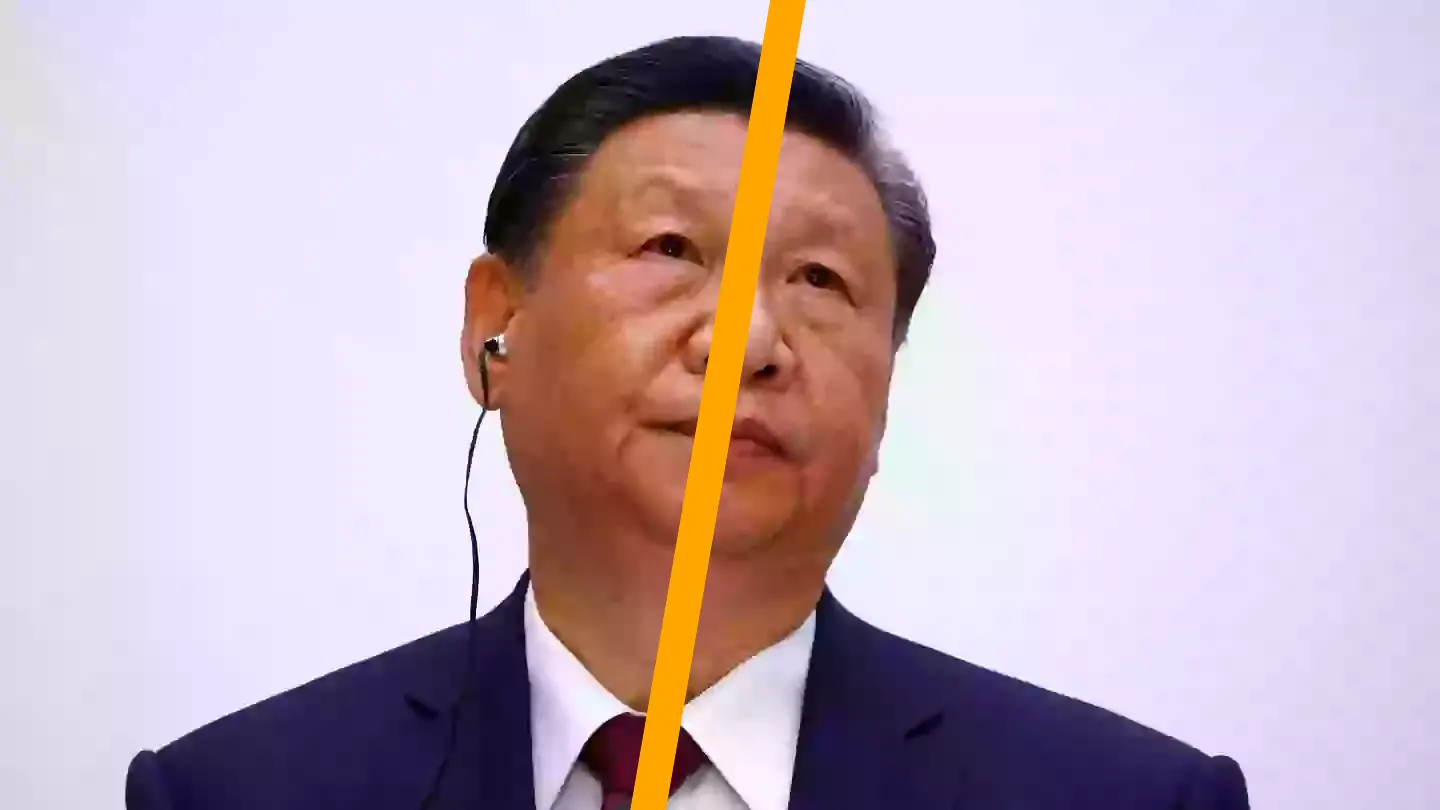China has responded to the US with new tariffs after Donald Trump announced additional fees on what he called ‘Liberation Day’ in the US.
China was among many nations facing new tariffs when Trump revealed his plans on April 2, continuing his efforts to strengthen the American economy.
Speaking from the White House Rose Garden, the President declared: “This is Liberation Day. We’ve waited a long time. April 2, 2025, will forever be remembered as when American industry was reborn, America’s destiny was reclaimed, and we began to ‘Make America Wealthy Again’. For decades our country has been taken advantage of by countries both near and far, friends and enemies alike.”
Most global regions received a ‘baseline’ 10 percent tariff on all US imports, but the president also announced matching tariffs on many ‘worst offenders’, set to begin April 9.

“If they do it to us, we do it to them. It’s that simple,” Trump stated.
China faced some of the harshest measures as Trump announced a 54 percent tariff against the country, including previously established duties.
In response, China has announced its counter-measures.
Beginning April 10, China will implement a 34 percent tariff on American goods.
The announcement came as China’s finance ministry stated the US tariffs on Chinese products “violate international trade rules.”

According to BBC News, a commerce ministry spokesperson revealed China has also initiated legal action with the World Trade Organization (WTO), claiming Trump’s tariffs “seriously violate WTO rules.”
The spokesperson said the tariff also “harms the legitimate rights of WTO members and undermines the rules-based trading system and international economic order.”
“This is clearly unilateral bullying that threatens global economic and trade stability. China strongly objects,” they added.
Besides tariffs, Beijing’s commerce ministry announced it would strengthen export controls on rare earth materials, which are used in high-tech products like computer chips and electric vehicle batteries.

